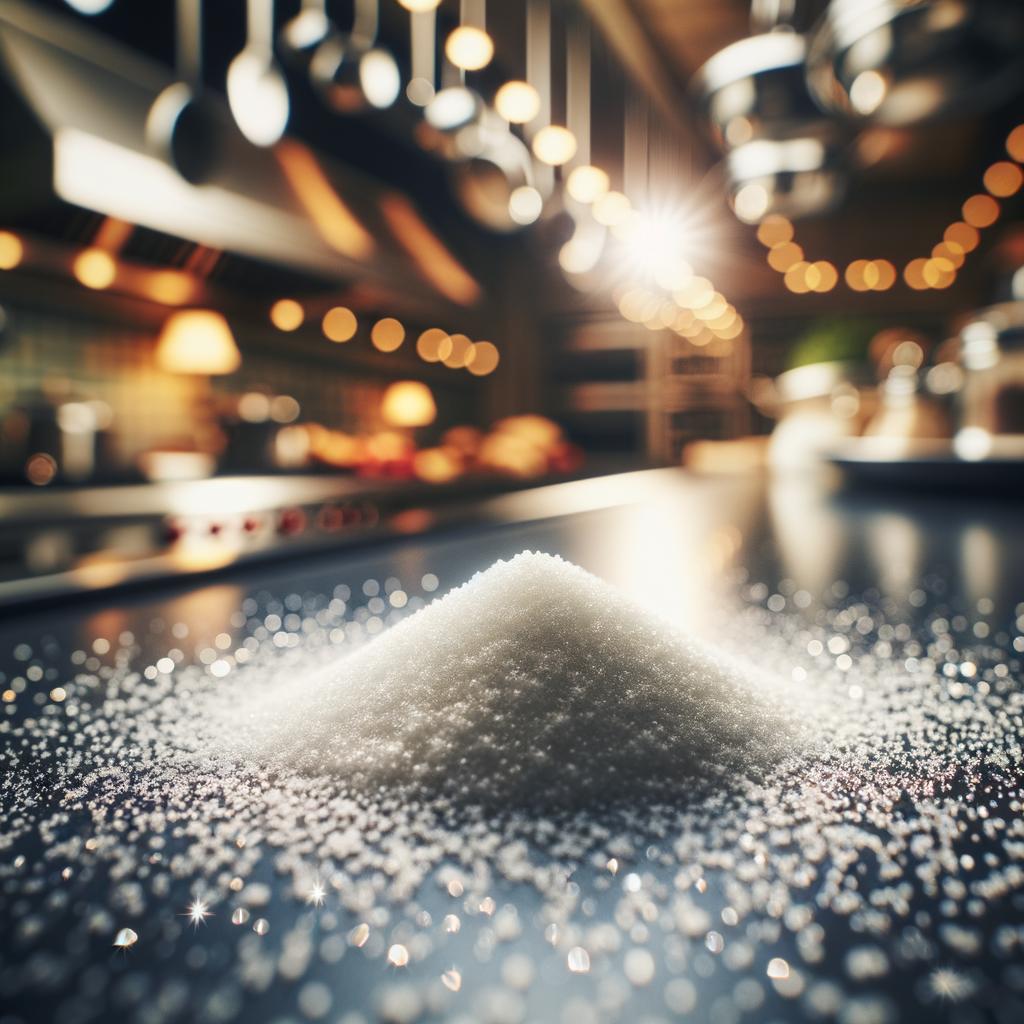Powdered Sugar

Description Powdered sugar, also known as confectioner's sugar or icing sugar, is a dreamy ingredient that seems to have been kissed by winter itself. It has an ethereal appearance, akin to freshly fallen snow, and a texture as soft as velvet. Unlike its granulated counterpart, powdered sugar is incredibly fine, allowing it to dissolve almost instantly upon contact with any surface. Its flavor profile is sweet and delicate, much like the first blush of dawn. What sets powdered sugar apart from other sweeteners is its ability to create a smooth, lump-free mixture, making it an invaluable ingredient in the world of baking and confectionery.
Primary Uses Powdered sugar is a versatile culinary star. It is most commonly used in baking and dessert preparation, lending its gentle sweetness to everything from icing on cakes, dusting on doughnuts, to filling in macarons. It is also a key component in various cuisines worldwide, from the airy beignets of New Orleans to the delectable gulab jamuns of India. Beyond the culinary world, powdered sugar also finds use in non-food applications such as in the making of edible decorations and even as a natural cleaning agent due to its fine texture.
History The history of powdered sugar is as sweet as its taste. Its origins can be traced back to the ancient civilizations of India, where it was used in traditional sweets. Over time, its use spread to the Middle East and Europe, where it became a symbol of luxury and indulgence during medieval times. The story goes that Louis XIV, the Sun King of France, was so enamored by this fine sugar that he ordered his royal confectioners to use it exclusively in his desserts. Over centuries, powdered sugar has evolved from being a royal luxury to a staple in pantries around the world, but it still retains its romantic aura.
Nutritional Information While powdered sugar may not be a nutritional powerhouse, it does hold its own in terms of energy provision. A tablespoon of powdered sugar provides about 30 calories, almost all of which come from carbohydrates. It also contains trace amounts of calcium and potassium. However, due to its high sugar content, it should be consumed in moderation to prevent health risks such as obesity and diabetes. Compared to other sweeteners like honey or maple syrup, powdered sugar has a higher glycemic index, which means it can cause a faster spike in blood sugar levels. Yet, its unparalleled ability to create smooth, creamy textures in food makes it an irreplaceable ingredient in the culinary world.

